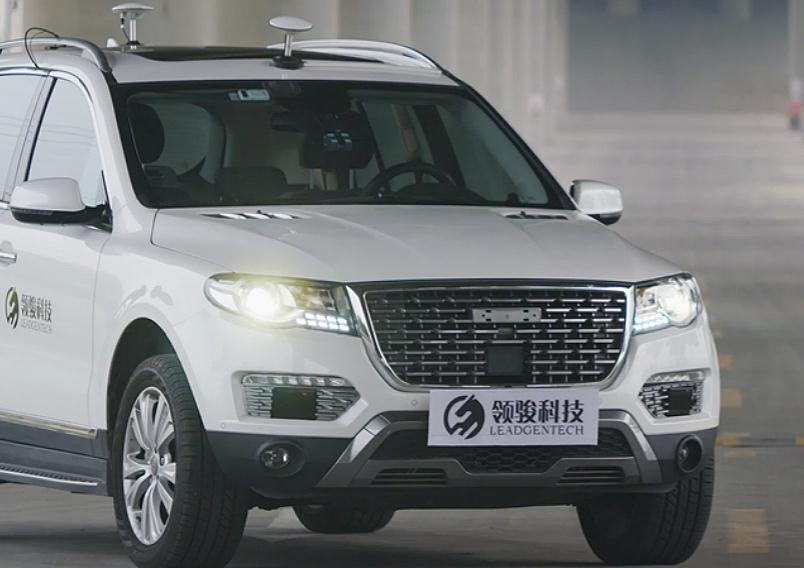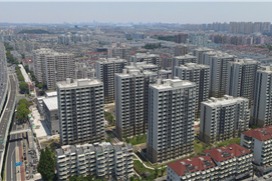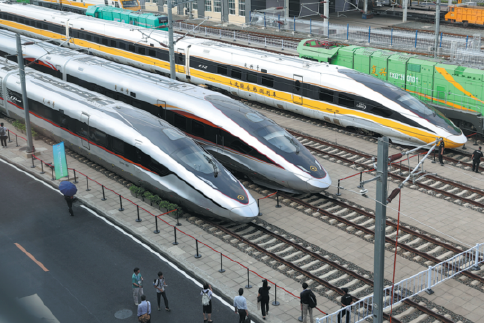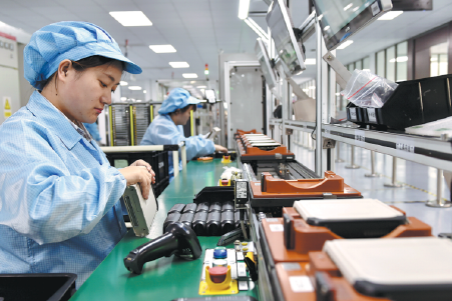Startup to further unmanned driving with new system


Chinese technology startup Leadgentech.ai plans to debut an improved self-driving system this year that can be retrofitted to existing cars, in a move to speed up mass production of the revolutionary technology.
Yang Wenli, CEO of the Beijing-based company, said the new system will enable vehicles to reach level four autonomous ability, where cars can handle most driving situations themselves, and be able to drive at a maximum speed of 120 kilometers per hour on highways.
Yang said the company's system could help driverless cars handle complex road conditions, such as tunnels, toll stations and roundabouts.
Unlike most players who use imported cars for self-driving research, Leadgentech chooses to retrofit domestic brands-a more challenging job.
"There will be huge market potential. Sales of domestically produced vehicles are expected to surge," said Yang.
"Local auto brands have imperious demands for driverless technologies. We can help them achieve the goal in a safer, faster way with lower cost," he said, pointing out that Leadgentech uses cheaper, small-sized sensors.
The technology can also be easily copied to imported vehicles, he said. The company can first help clients to deliver level 2 and 3 capable vehicles, and then fully autonomous ones once policies and regulations mature.
Yang founded Leadgentech in December 2016. Prior to that, he was a principal architect at Baidu Inc's autonomous driving unit.
The startup's interest in autonomous vehicles has been fueled by the government's positive attitude. The Chinese authorities have been expediting relevant guidelines and regulations. Beijing was the first Chinese city to allow companies to try out the technology on its streets.
China aims to install driver-assistant systems or partly autonomous driving systems to more than 50 percent of new vehicles by 2020, and to produce highly and fully autonomous cars for the market by 2025. That's according to a development plan issued in 2017 by the Ministry of Industry and Information Technology and the National Development and Reform Commission.
Zheng Fangdan, a senior consultant at Chinese research firm CCID Consulting Co, said Chinese startups betting on the autonomous vehicle have a wider access to a vast amount of data, given the complex traffic conditions in top-tier cities.
That would enhance the self-driving vehicles' capability to make decisions, Zheng said.
However, Zhao Xiang, an analyst with the internet consultancy Analysys, cautioned that there is still a long way to go for companies to realize mass production of the technology. Technological hurdles may include the accuracy of digital maps and the high cost of laser sensors, she said.




































